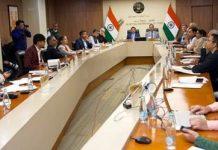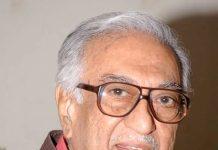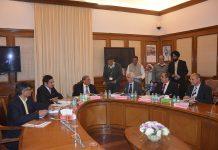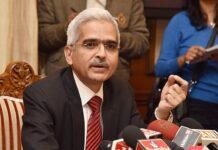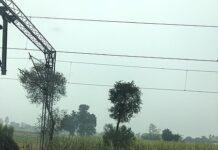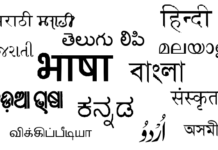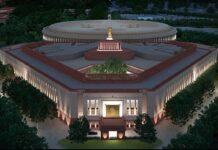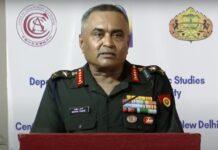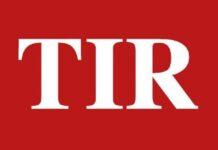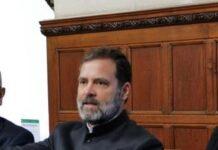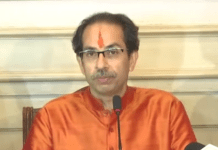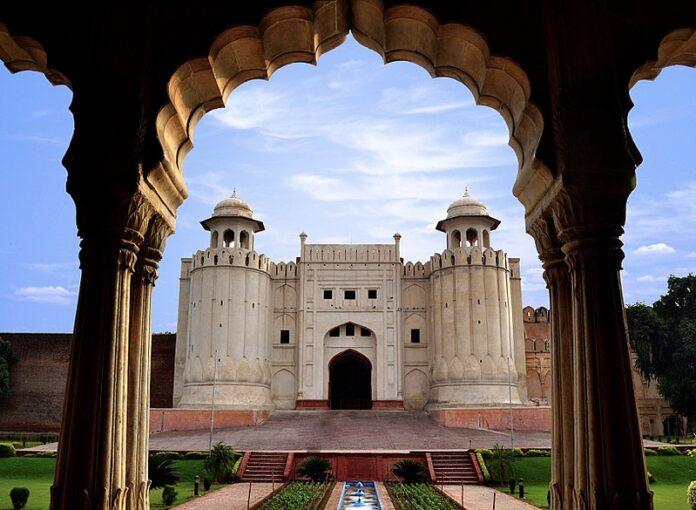Financial affluence is the fountainhead of influence in the comity of nations. Nuclear status and military power do not necessarily guarantee respect and leadership. Like any lender or grant body, Saudi Arabia, Qatar and UAE ask lot of questions towards credit appraisal, fund use and financial sustainability which, it seems, Pakistan’s PM Shehbaz Sharif resented (in view of his country being a nuclear power).
Recently, the debt ridden Pakistan received a $3 billion credit line from UAE to tide over current economic difficulties. On 12th January 2023, Pak PM Shehbaz Sharif tweeted thanking Sheikh Mohamed bin Zayed, the president of the UAE and the ruler of Abu Dhabi.
In this connection, however, last week on Saturday he is stated to have said that ‘’it is a matter of shame that a country, which is a nuclear power, has to beg and seek financial help’’. Shehbaz Sharif said that it was embarrassing for him to ask for more loans from friendly countries.
In the last 75 years, different Pakistani governments by military dictators and political leaders have failed to address the economic challenges and have borrowed heavily to keep the economic system afloat.
This situation is not unique to Pakistan alone, several countries in Africa and Asia have faced this predicament, for example, Sri Lanka’s case is still fresh in memory when near civil unrest type of situation prevailed in Colombo that ousted Rajapakse family from power. The country’s leadership reached out to the international community and financial markets. India provided funds and humanitarian assistance at the nick of time to save the situation and now Sri Lanka seems to be improving.
What appears to be unique in the case of Pakistan, however, is her Prime Minister’s narrative linking being a ‘nuclear power’ and militarily mighty to the ‘ease of raising funds’. He is said to have said that ‘’it is a matter of shame that a country, which is a nuclear power, has to beg and seek financial help’’ and ‘’it was embarrassing for him to ask for more loans from friendly countries’’.
In all likelihood, he may have just wished that, in the last 75 years, his country’s past leaderships would have shown same tenacity in making a self-sustaining, prosperous national economy as they showed in making Pakistan a nuclear power and the finances of the country would not have come to this sorry state. But, to some, his statements also sounded like to have emanated from a powerful medieval feudal emperor who expected his rich local sultans to make deep obeisance and respectfully offer gifts and money without asking any question.
Pakistan does project itself as the leader of Islamic world. It is the only undisputed nuclear power in the Jeddah-based Organisation of Islamic Cooperation (OIC), the second largest inter-governmental organization consisting of 57 member states. However, real influence in the Islamic world is wielded by countries like Saudi Arabia, UAE and Qatar by virtue of much superior financial power and the general perception of ‘Arab superiority’ in the Islamic world.
This is where Pakistan’s predicament lies – nuclear status and military power do not necessarily guarantee respect and leadership. Financial affluence is the fountainhead of influence in the comity of nations. Like any lender or grant body, Saudi Arabia, Qatar and UAE ask lot of questions towards credit appraisal, fund use and financial sustainability which, it seems, Pakistan’s PM resented in view of his country being a nuclear power.
Time has changed. Nuclear power gives deterrence meaning others would not attack you but the rich (non-nuclear) nations would not necessarily be fearful and come running on knees, making deep obeisance to offer money.
Financial affluence is the fountainhead of influence in the comity of nations. Japan is the most beautiful example of this. Pakistan would need to emulate Japan’s work ethics and value system.
***



